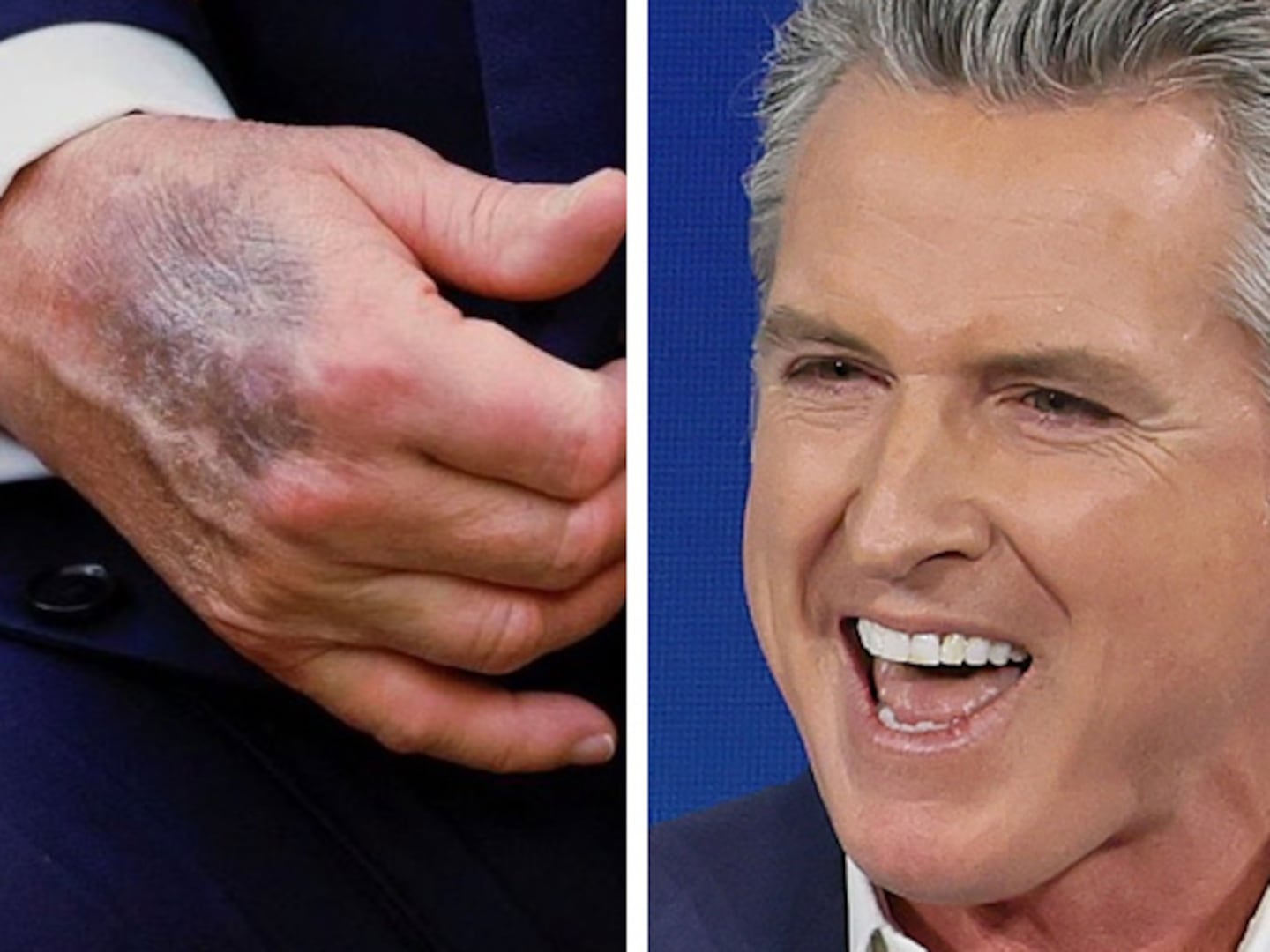When, years from now, historians try to piece together the exact moment that the balance of cultural power shifted from old media to new, when the old lions guarding the gatehouse were flattened by the democratizing power of the Internet and social media, the events of the last few months, or even the last couple of days, may provide a clue.

On Friday, news broke that Katie Couric, one of the most recognizable stars of television, was leaving ABC for Yahoo News. During any other month, that news alone would have signaled a new world order, an upheaval in the pecking order. But in November 2013, Couric was just the latest high-profile media talent to leave what was once considered a lifetime post for a job at a website that in the public mind’s at least last saw its heyday back when Friendster and Meetups and “the netroots” ruled the digital airwaves.
In joining Yahoo, Couric followed Matt Bai, the chief political correspondent for the New York Times Magazine, and David Pogue, the Times technology columnist, whose arrival was announced in the previous weeks, and Megan Liberman, who in September left her post as deputy editor of the Times in order to become Yahoo’s editor in chief.
Need more proof that an Internet search engine whose name is synonymous with boorish, loutish behavior believes that it can find room for itself in the new establishment? Next year, Yahoo will be abandoning its longtime digs overlooking Manhattan’s Bryant Park and moving a few blocks to the north and west, to the old New York Times building, a sacred piece of real estate in the geography of Manhattan media.
The advantage that Yahoo has over many new media companies—or, for that matter, old media companies—is that even though it may live in the public’s mind as an of-the moment web portal from half a generation ago (quick: how many people do you know under 40 who still have a Yahoo! email address?), it has a gargantuan audience. Some of this is from those old email signs-in, and surfers who never got comfortable with Google or Bing, and some of it is from Yahoo’s partnerships with some of the oldest of media concerns—wire services like the Associated Press and Reuters—that run their content through Yahoo News. Yahoo Sports and Finance sites have always had a big audience for fantasy sports and stock obsessives, and the site now boasts a two-year-old partnership with ABC News that includes ABC on-air talent like George Stephanopoulos and Jonathan Karl producing original content for Yahoo.
The scale can be hard to get one’s head around. Yahoo/ABC reaches 800 million people every month. Its live coverage of the 2012 election night was seen by 10 million people—multiples more than its nearest competitors, executives there say.
“By a very large margin we are the biggest news site in the world—almost twice what its next closest competitor is,” said Rob Barrett, vice-president of News and Finance at Yahoo. “But it has struggled to have an identity beyond being a supplier of news.”
But this lack of identity seems to be changing with the speed at which a search engine scours the web.
The hiring of Couric, Barrett says, “is symbolic of our ambition to be a primary news brand, to be the next news brand, and to work with someone who has been one of the best traditional journalists but who has an ability to transcend media and really connect with audiences.”
Barrett and Liberman were circumspect when asked to provide specifics on the details of the expansion, except to say that the newsroom will grow far beyond their current couple of dozen headcount, and that there will be a similar investment into the engineering side.
“The identity piece of Yahoo news has sort of been absent,” said Liberman in an interview at Yahoo New York headquarters last month. “We are trying to build it. Which means bring in great writers and names people recognize and people who add something to the conversation, both in breaking news and original enterprise work and recognizable voices.”
Despite the size of the audience, the news side of Yahoo has tended to punch below its weight, its stories rarely shared or referenced by other outlets. Liberman says this is starting to change as they build out on what she calls “The Grantland model,” i.e., recognizable names serving as tentpoles while younger, less established reporters fill in the air underneath.
The tentpoles will be doing more, too—not just filing stories but helping the site as it experiments with new ways to reach audiences, through video, through social media, or through some other angle currently being cooked up in the Yahoo labs.
All of which may sound exciting, but still leaving a perch that is often considered the pinnacle of a career (whether it be the Times or ABC News) for a web experiment is a leap over one awfully large career chasm.
“I think there is always some questions about leaving a job that you have been at for a very long time. I had questions about leaving a job that I had been at for a very long time, one of the most secure jobs in the industry. And the Times is a great place,” said Liberman. “But Yahoo is in this very unique position of having this tremendous audience and tremendous scale and all of these advantages but also having a real start-up feel in the company, which is sort of fun. And it’s a startup where you don’t have to wake up every morning wondering if it is going to fold tomorrow.”
The deals do not just give the new hires more freedom to publish what and when they want, and to build a new platform for themselves from the ground-up, but are thought to be better-paid than the old gigs, too.
For Couric, the move presented the best of several worlds. The chance to do serious journalism with the same number of eyeballs potentially as before—her famous Sarah Palin interview was seen by as many people online as broadcast—while, thanks to the site’s partnership with ABC, continuing to keep a foothold on TV. Pogue told a recent interviewer that Yahoo approached him over the summer “with an offer I couldn’t refuse: amazing publishing freedom (in frequency, column length, format, and timing); all the creative possibilities that come with being digital (audio, video, real-time reader interaction); and, of course, Yahoo’s absolutely enormous readership, which just hit 800 million readers a month.”
Bai told The Daily Beast, “It is not career death to leave the Times any more.”
Yahoo, he said, would give him the opportunity to reach an audience that isn’t following the blow-by-blow on Capitol Hill but is searching for context, story, and history.
“The thing about Yahoo is that they are trying to provide content for readers who have already come there. It may not be a unique opportunity but it is a special opportunity. They want to do serious, thoughtful journalism but they are not obsessed by how much traffic you can drive every hour.”
If that sounds familiar, and even a little hopeful, perhaps it is because what so many of the major journalistic institutions promised for so many years—that good stories matter, regardless of how much or how little traffic they do.
In interviews, though, both Liberman and Barrett resisted any comparison with the media companies of old. “I think the business is different from what it was even a few years ago,” Liberman said. “I think there is a lure to going to where things are heading as opposed to where things have been.”






